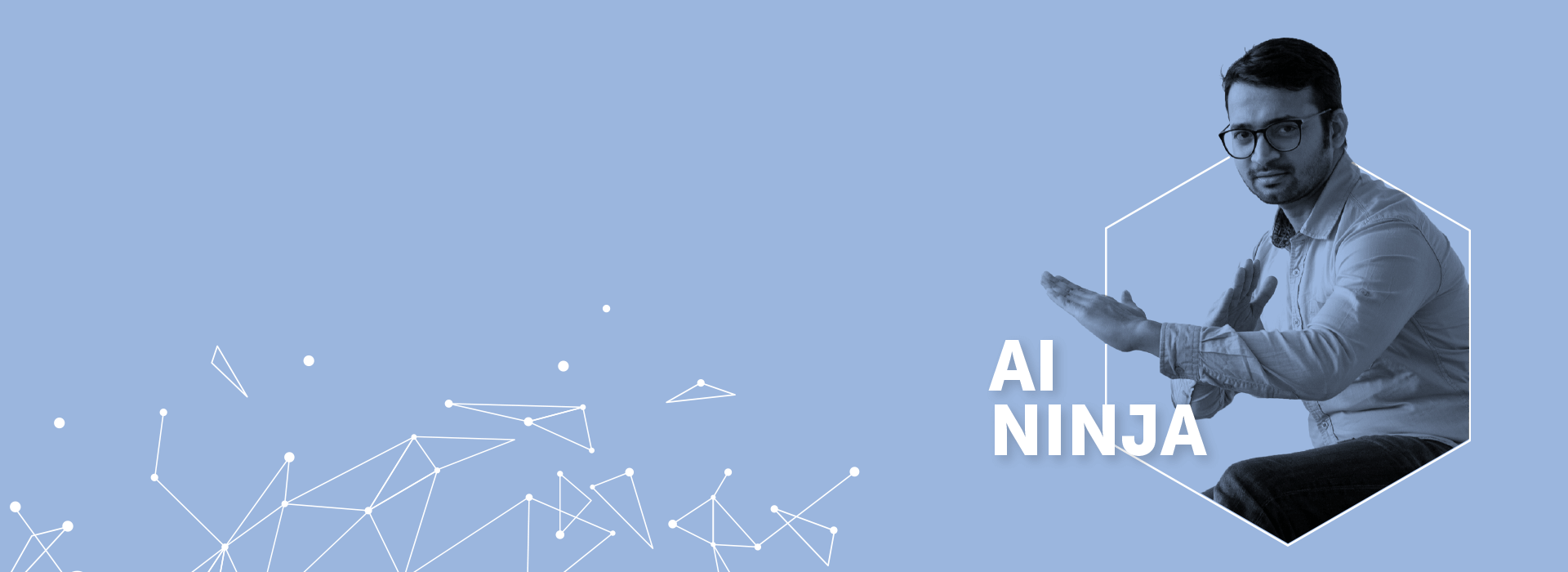
Amit fights for novel approaches, tools and algorithms used in developing robust AI.
I'm a research associate in the Software Dependability competence field at the Neural Network Dependability Kit (NNDK), which serves as an open source toolkit to supply metrics for a better understanding of the functionality of neural networks. The toolkit is based on formal methods that help to model and rigorously test computer systems with the aim of validating the quality of safety-critical systems. This allows you to develop neural networks that are more robust, dependable, interpretable, and trustworthy. This is also the general domain of my PhD work, which I'm carrying out at the same time
My cousin has a friend who worked at fortiss. I talked to him about my specialties and he recommended fortiss to me.
I applied a formal method to verify the safety threshold of a neural network in terms of adversarial attacks. Additionally, I helped a partner company in a research project to achieve better performance and a more robust solution in their innovative project.
I taught myself how to program in 2008. I made a basic calculator as my first coding challenge. It was fun to develop solutions just by writing text on a screen. I took programming language courses after I completed school and then got my bachelor's in information technology at the University of Allahabad (IIIT). I went to Munich to complete my master's degree because I wanted to do scientific work and because Germany is more specialized than India.
fortiss offers research opportunities in the areas that interest me. Through application-oriented research, I also collaborate a lot with industrial partners and can try out innovative ideas in small companies, which are more flexible here than large ones.
Working with my colleagues is a lot of fun and I enjoy spending time with them outside of work as well. We have weekly discussions about our dissertations, which is very supportive and helpful and it also helps me personally.
I want to make neural networks dependable and accessible in safety critical situations. I also want to understand the inner workings of neural networks in order to make them more easily modifiable for developers and scientists with innovative projects from practical experience. I would like to see my work used in systems that directly affect people's lives, such as robust and verifiable safety-critical applications for autonomous driving or understandable medical image analysis and diagnosis.
fortiss offers many opportunities to conduct your own research and develop innovative ideas. That's why you can also convey these interests ahead of time. Ideally, these topics then overlap with current projects. In your day-to-day activities it's important to work independently and anticipate what needs to be done next, because every scientist has their own very specialized field.